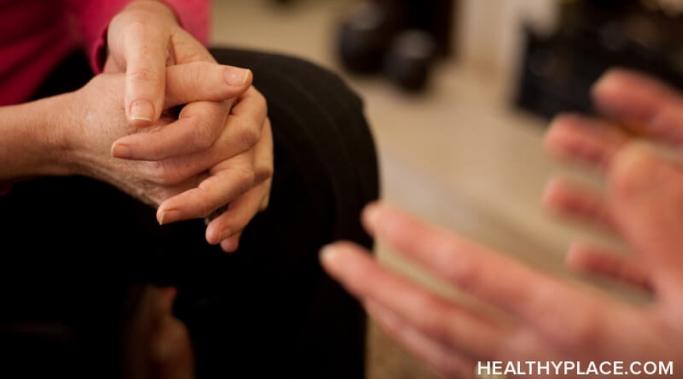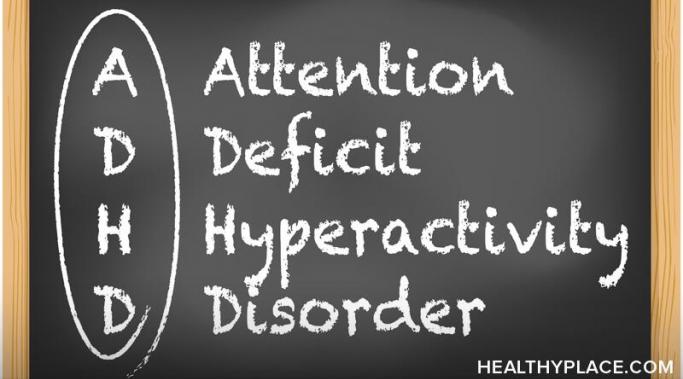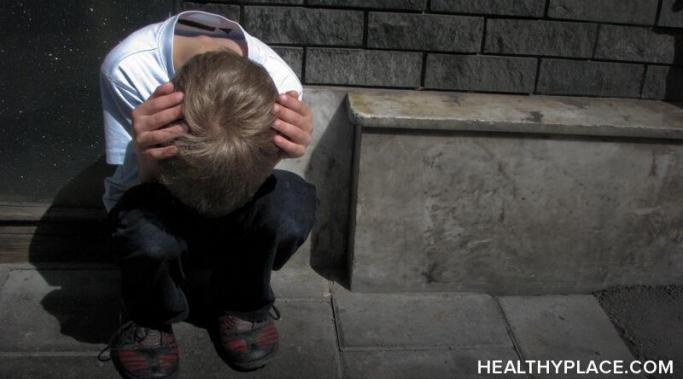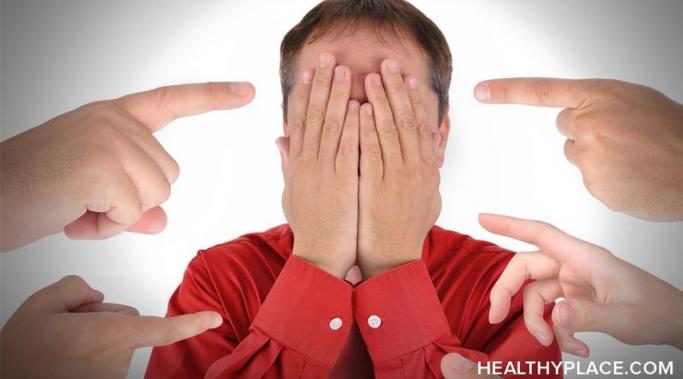Blogs
Although therapy has immensely benefited me, I've learned it is okay to take a break from therapy. There were times I did not want a break. Sometimes I counted down the days until my next appointment, feeling like it would never arrive. During my darkest days, I talked to a therapist every week, sometimes multiple times a week. However, I also experienced times when I didn't want to talk about my feelings or work through any issues at all. At times, I was not motivated to do the internal work I knew I had to do.
Staying organized helps my anxiety because one of the things that can be challenging, is dealing with a lack of control. Even though I know that I can't control everything, it becomes difficult when I feel like I am in a chaotic environment. It also becomes overwhelming when situations occur that I don't have control over and so, along with it, comes uncertainty.
Growing up, I left the room when my parents turned on the nightly news. I had no interest. Besides, it was all bad news, or so it seemed: wars, fires, shootings, murders, robberies, injustices, bickering politicians, and so on. No, thank you, I had anxiety around the news.
Anxiety can negate your appetite. Anxiety and eating disorders often co-occur—that's hardly a shock to those who live with the harsh realities and ramifications of both illnesses. As the National Institute of Mental Health reveals, 65.1 percent of those with binge eating disorder, 47.9 percent with anorexia, and 80.6 percent with bulimia meet the diagnostic criteria for anxiety.
I sometimes wonder if I would face the same stigma for dating men a couple of decades younger than me if the genders were reversed. It isn't that unusual to hear about men in their 40s dating women in their 20s. However, when a woman in her 40s dates a man in his 20s, the main assumption I've encountered is that she must be a "sugar mommy." It's almost as if it's unimaginable that a young man would be sexually or romantically interested in an older woman for any other reason.
For citizens living in the northern hemisphere, the days are getting shorter. Shorter winter days can affect your mood, especially if you deal with mental health issues like attention-deficit/hyperactivity disorder (ADHD).
In "Dating Like a 'Cougar' Is Leaving Me Lonely," I discussed my mixed feelings about continuing to identify as a cougar. I was worried that the term might be too small of a box to fit myself into. Having thought about it more, I now see the term more like a shoe that fits. It might be a tight fit, but it still fits.
I'm sad all the time. I'm miserable. I'm caught in a well of darkness and depression -- all the time. Now, not everyone who is depressed experiences this. Some people who are depressed experience persistent sadness bouts, yes, but they aren't necessarily constant. Depression can also be characterized by diminished interest or pleasure instead of a depressed mood. In other words, being sad all the time is not required for a diagnosis of major depressive disorder; but it sure seems to be required by my major depressive disorder (that occurs because of bipolar disorder). And the trouble with all of this is that being sad all the time is just too heavy a burden to bear.
I'm writing this just a few minutes removed from a morning run, which I hated almost every second. I'm not like the runners you see in the movies who gracefully jog with their camera-ready smiles; my face is usually fixed in a mask of focused despair, disguising not at all how distasteful I find the whole situation. This run was no different—my feet hurt, my heart pounded quicker than it wanted to, and my respiration struggled to keep pace. In short, the run absolutely, unmistakably, irrevocably sucked. It was exactly what I'd hoped for. I was hoping to increase my distress tolerance.
Being the victim of verbal abuse can create vulnerabilities in several areas of life. I know that I still experience negative feelings of vulnerability even though I am no longer in an abusive situation. Thankfully, I am learning how to properly be vulnerable without making myself a target for further abuse.









